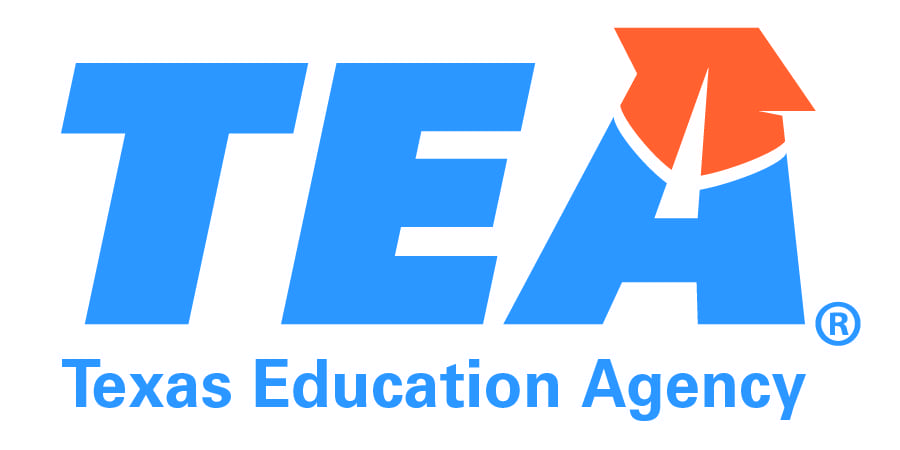A new model policy to help local school boards keep obscene books out of students’ libraries is meeting with tentative approval from Texas parents.
On Monday, the Texas Education Agency released updated guidelines for selecting and removing school library materials. The policy recommendations focus on “maximizing transparency with parents and community members.”
“It’s a big win for children and parental rights!” Fredericksburg mom Tara Petsch told Texas Scorecard. “Let’s hope school districts adopt this new policy very soon.”
The new guidelines have been anticipated for months as parents and school officials grapple over sexually explicit books that have been found in student libraries across the state.
Last November, Texas Gov. Greg Abbott directed the TEA, Texas State Library and Archives Commission, and State Board of Education to “develop statewide standards to prevent the presence of pornography and other obscene content in Texas public schools.”
TEA Commissioner Mike Morath said the new policy will “appropriately address obscene content” found in public school libraries, noting there have been several instances of parents exposing inappropriate books in their kids’ libraries.
“I am so thankful that TEA finally got involved,” said Petsch, who’s been working with her local school officials to remove inappropriate library books that include graphic sex and other content unsuitable for kids to access in schools:
In the TEA suggested policy, they reinforced that all learning materials in schools should be appropriate for students. It’s what parents nationwide have been saying all along! It is against the law in Texas to distribute obscene material, so why is it being allowed in public schools? It’s criminal, and TEA even references Texas Penal Code §43.24(b). In this policy, it states no library material can be used if it’s harmful to children.
The new model policy emphasizes transparency and parental rights:
To ensure parental engagement, the District shall make the selection process of library materials readily available for parental review, with a list of all library materials posted on-line on the district’s website, and the content of all materials available for direct review. …
In recognizing that parents hold an essential role in the education of their children and have the right to guide what their children read, each library shall maintain a printed list of materials onsite and on the school library website that shows what has been selected as well as what is slated for acquisition. The Superintendent, or designated District-level administrator, will offer a “Parent Preview” at least ten days before books are to be placed on the shelves, once in the fall and once in the spring.
The model policy also requires a district librarian to read new library materials—something school officials acknowledge doesn’t always happen—and submit a list to the superintendent and school board at least 30 days before any books are purchased.
The legal responsibility for the purchase of all library materials is vested in the Board. The board will provide final approval for all new materials added to the library.
“TEA’s model local school board policy can be adopted by school boards to establish strong procedures related to the selection, review, and transparency of library materials that emphasize the rights of Texas parents,” Morath said.
Some parents remain skeptical regarding how or if local districts will incorporate elements of the new model into their existing policies.
TEA Deputy Commissioner Jeff Cottrill noted that under Texas Education Code, district superintendents are responsible for “preparing recommendations for policies to be adopted by the board of trustees and overseeing the implementation of adopted policies.”
Morath said the model policy will be shared with every school district in the state.
Now it’s up to Texans to ensure their district superintendents and school board members update local policies to empower parents and protect students.
No ads. No paywalls. No government grants. No corporate masters.
Just real news for real Texans.
Support Texas Scorecard to keep it that way!





